Celebrating Women
The Telling Of Far-Away Tales
Sisonke Msimang spent a large part of her youth in exile because her parents, an Umkhonto we Sizwe freedom fighter father and a professional mother, could not live in South Africa for fear of being arrested and tried by the apartheid regime.
It is this story she tells in her first book Always Another Country: A Memoir of Exile and Home, published in 2017. Msimang recalls how she spent time in exile in Zambia, Kenya, Canada and Ethiopia, before returning to South Africa in the early 1990s. Hers is a story of never belonging in strange places far away from home.
Msimang’s unsettledness, in being a citizen of the world, continues to this day. She has lived in Perth, Australia since 2014, but she still calls South Africa home. She spends a lot of time travelling to different countries, speaking at conferences and events and is the curator of Literature and Ideas for the Perth Festival, which takes place in February every year. She responded to our request for an interview by agreeing to prepare a written response to questions on a flight from Edinburgh to Perth before heading to Byron Bay in New South Wales and then to Atlanta, Georgia.
The Resurrection of Winnie Mandela, Msimang’s second book, was published last year. In a recent interview with Radio 702’s Eusebius McKaiser, Msimang said that this book took her by surprise because it started as a long essay.
“I saw this as a reaction to a moment rather than a biography that was going to do justice to the span of her life.” That moment was the death of the former wife of the late Nelson Mandela in April last year.
She has also written articles for some of the top media houses in the world, including the Washington Post, the New York Times, The Guardian, and Newsweek.
Taiye Selasi, author of Ghana Must Go, has described Msimang’s autobiography as “my favourite kind of memoir, so lyrical and dreamlike that it reads like a novel. It’s an artful meditation on exile and return, womanhood and motherhood unfolding against the backdrop of post-apartheid South African politics”.
Both Msimang’s books so far have been non-fiction. Did she find it easier to write about real-life situations as opposed to fictional stories?
“I write non-fiction because there is so much in our history that requires observation and analysis. We have the (mis)fortune of a history riddled with injustice. This provides a rich vein from which to draw as a writer.
“If I could write fiction in ways that could love people, if I felt confident that I had a story to tell that needed to be fictional to have power then I would use that as a medium. I’m open to fiction — I just haven’t found a compelling fictional story yet,” she said.
Msimang said she always loved writing and read a lot as a child, but it was only later in life that she realised that she could take a chance on writing.
“It was only once I took a sabbatical from work in my thirties that I had the time to reflect and to think about writing as something I might be able to do consistently and as a profession.
“In 2012, after spending a semester on the campus of Yale University surrounded by books and the most incredible intellectual resources, it was clear that I at least had to try.”
Inspiration Sources
Msimang said she has been inspired by many writers, mainly women.
“I have been inspired by women who have used their voices to further justice and to ask hard questions, but I have equally been inspired by writers with a strong sense of imagination and wonder and a depth of feeling.
“I love Toni Morrison [the late American writer and Princeton professor] and I think the words of [Rainer Maria] Rilke [bohemian Austrian poet and novelist] are phenomenal. I loved The Beautyful Ones Are Not Yet Born [by Ghanaian writer Ayi Kwei Armah] when I was in high school and I have turned to [Antiguan-American novelist] Jamaica Kincaid repeatedly — A Small Place, her seminal book on Antigua — is a treasure.”
Msimang disputes that she has been successful as a writer or as a thought leader on race, gender and other issues, as she has been described in some articles.
“I am not sure I agree. I can say that I work hard, I write consistently and I read voraciously to improve myself. Reading is crucial because it’s the literary equivalent of listening. The only way any of us can intervene meaningfully in conversations is by first listening to appreciate and understand the perspectives of others. Sometimes, once I’ve read others, I realise I don’t need to add anything — it’s all been said. The older I get, the more important I think it is to only speak when necessary.”
She says she does not necessarily see herself as a role model for young black women in South Africa or anywhere else, for that matter.
“It’s less important how I see myself than it is how others see me in this regard. We all choose our role models. My role models are simply living their lives, doing the best they can. They are uninterested in being seen as role models. They are invested in being people of integrity, discipline and quiet generosity.”
What Of Her Country Of Birth?
Msimang said that she tries to keep in touch with what is happening in South Africa, even though she is not able to spend a lot of time in the country.
“I live in Australia and I travel a lot, mainly to the United States. But South Africa is home in a political and psychological sense, so keeping up is both easy and necessary. Without an active and present connection, I would be lost. South Africa feeds my creativity and sense of self.”
Asked about the major achievements and disappointments in South Africa over the past 25 years of democracy, Msimang responds: “We have learned not to trust those who hold political power. This is both a wonderful lesson and a very painful one. It’s been an important lesson though in terms of the ongoing work of slowly making our democracy work. We are very far from achieving that, but we are getting closer.”
She says our biggest challenge is to “undo the active neglect of the poor”.
“Our politics are dominated by middle-class interests and a real focus on lifting the middle classes as a pathway to progress. This has been a losing strategy we adopted only two years into our independence when we dropped the RDP (Reconstruction and Development Programme) and prioritised GEAR (Growth, Employment and Redistribution). [Both were South African government policies.]
“The problems of unemployment and the deepening inequality can only be overcome if we fix education and health, invest in vocational training as well as free high-quality higher education, and stop focusing on big capital. We must help ordinary people start the kinds of businesses that will generate pride, jobs and black ownership of local economies.”
Despite having been a resident of many countries, Sisonke’s heart remains in South Africa.
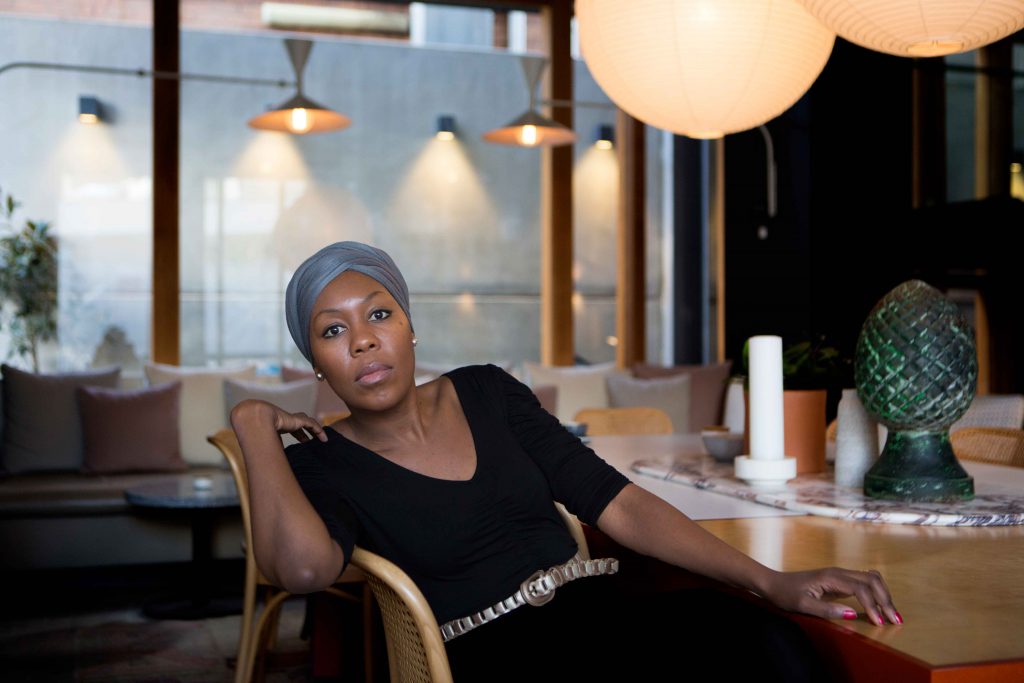

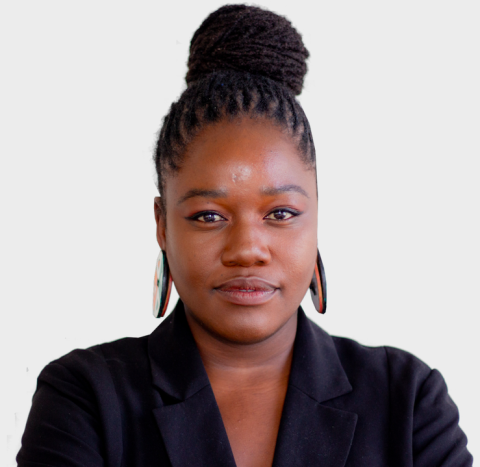
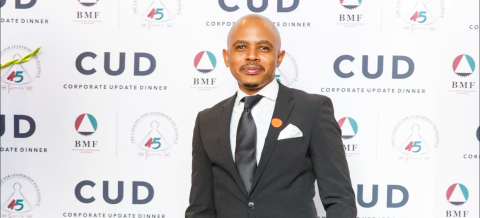
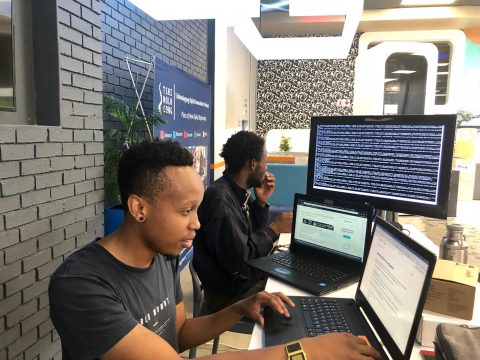
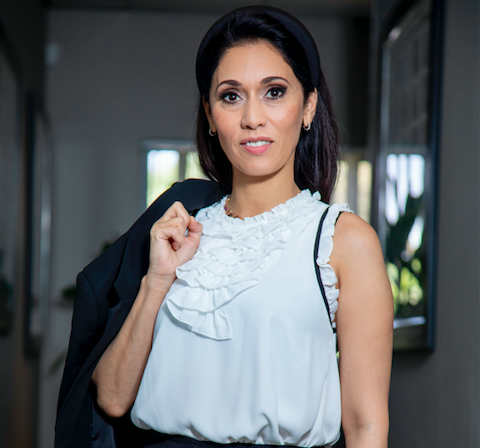
 Sign-up and receive the Business Media MAGS newsletter OR SA Mining newsletter straight to your inbox.
Sign-up and receive the Business Media MAGS newsletter OR SA Mining newsletter straight to your inbox.